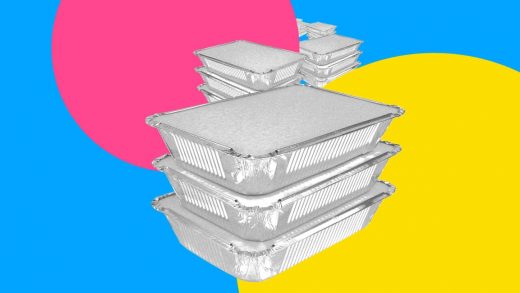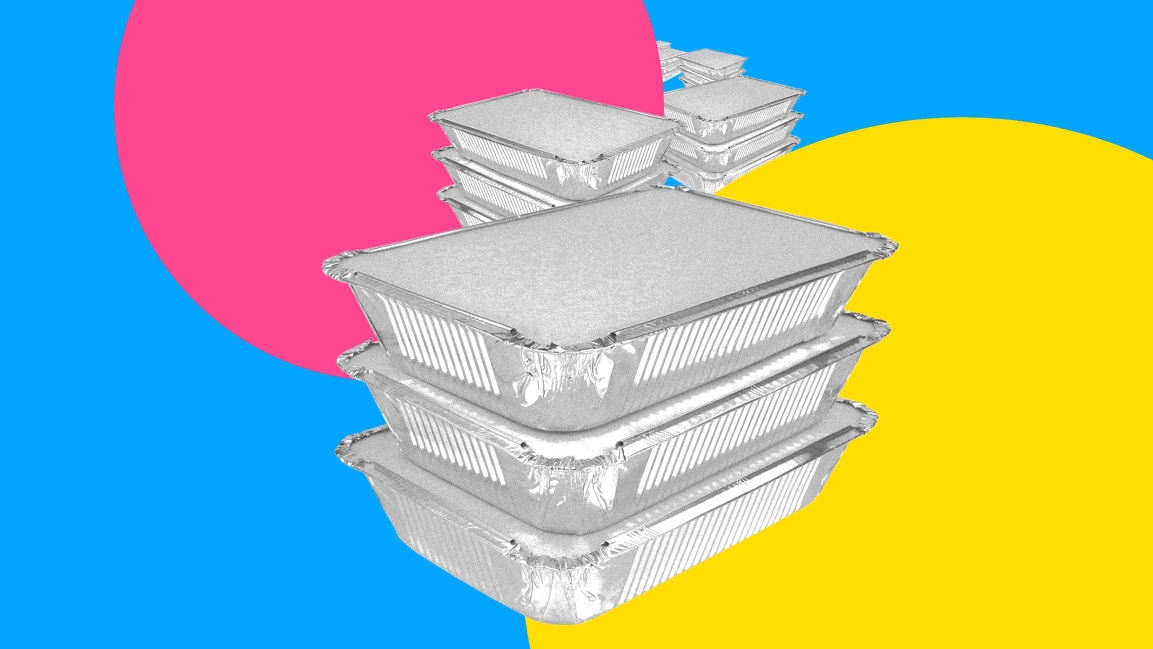California will enlist restaurants to make and deliver meals for food-insecure seniors
During a Friday press conference, Governor Gavin Newsom announced “Restaurants Deliver: Home Meals for Seniors,” a majority FEMA-funded program that intends to provide assistance to senior citizens in California who live alone, are socially isolated, and who may not be able to cook their own meals.
“We do think it’s a really good way to help folks who may be hungry, or may be having tough times because of COVID, while also supporting the restaurants at the same time,” says Brian Ferguson, California’s deputy director of crisis communications.
The program will enlist local, “independent” restaurants to prepare and deliver three meals a day, seven days a week, to those in need. Every meal will have strict nutritional guidelines, Ferguson says: low sodium, no high-fructose items or sugary drinks, and fruit and vegetable requirements for lunch and dinner. Eateries will be reimbursed for each meal prepared and delivered: $16 for breakfast, $17 for lunch, and $28 for dinner.
The project will principally be funded using federal emergency funds from FEMA, which will cover 75% of the budget. While FEMA has an emergency feeding program that it rolls out during disasters, this the first time agency has signed off on a similar program on a statewide level. Newsom said that the state would then cover the majority of the remaining 25%, leaving local governments to cover 6.25% of the overall cost.
Individual counties will bear responsibility for administering the programs, and finalizing application processes and start dates. Not all 58 counties will be required to adopt the initiative; rather, it’s an option that’s available to them. “It’s just another tool in the toolbox for our counties, which are often the ones closest and in best positions to solve many of these problems,” Ferguson says. Some counties are setting up 211 helplines for seniors to find out if they qualify.
There are approximately 5.7 million senior residents in the state, of which Newsom estimated 1.2 million may be eligible. The program will be reserved for people 65 or older, who have been exposed or are at high risk of exposure to the coronavirus, or who have compromised immune systems. They must also earn less than 600% of the federal poverty level, which equates to $74,940 for an individual, and $154,500 for a family of four.
It also wouldn’t be available to seniors already receiving meals from other similar programs, such as CalFresh (California’s SNAP program) or Meals on Wheels. “This is really designed for people who are not receiving some sort of food assistance already,” Ferguson says.
Newsom also announced a plan to provide seniors with some human connection during the lockdown via an initiative called the Social Bridging Project, whereby callers would check in with elderly residents who may be alone. One-thousand callers will be mobilized with the help of a combined workforce from the California Department of Aging, United Airlines, Community Emergency Response Teams (CERT), and Sacramento State University.
As for restaurants: they’re encouraged to reach out to their county administrations if they’re interested in being involved. “We want to get a lot of independent restaurants up and running again,” Newsom said.
The restaurant industry is one of the worst hit by the economic effects of the pandemic. Almost 30,000 restaurants in the state, a third of total eateries, are at risk of closing, according to an estimate in a letter written by the California Restaurant Association to the governor at the end of March.
(20)



